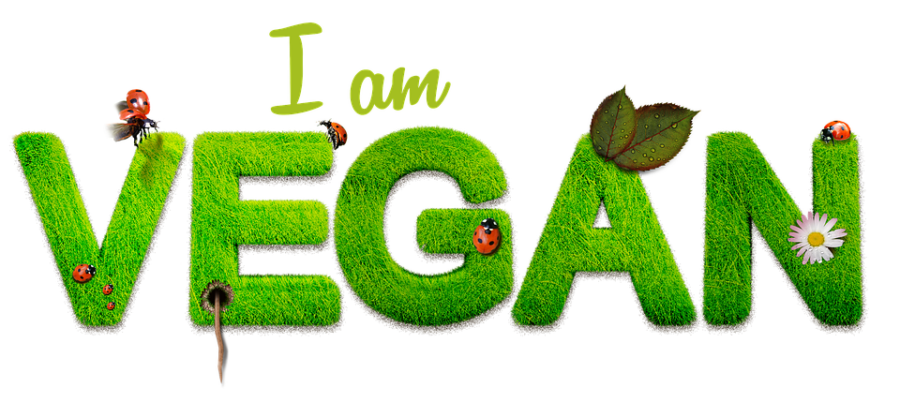How veganism and other plant-based diets are becoming mainstream
August 4, 2020
Eating less meat and more plants are becoming an increasing topic of conversation.
People all over the country are constantly talking about the health benefits of becoming vegan and plant-based. Even though the diets are used interchangeably, they are very different from each other.
Veganism is a practice that stays away from animal products of any kind, including items such as makeup, hair products, clothing and furniture; plant-based diets do not have an issue with buying animal-based products and are more concerned about the health benefits from eating fruits and vegetables.
The awareness of the term veganism and plant-based is growing; 40 percent of Americans are making an effort to consume more plant-based foods on a daily diet.
“It’s popular today because a lot of consumers are reading about how meat production affects the environment and has led, among other things, to climate change, all true but there are many nuances,” said Smaranda Andrews, assistant teaching professor in food and nutrition sciences at Iowa State.
Even though the popularity of veganism and plant-based diets has been growing, people tend to forget many people throughout history have eaten plant-based diets. In history, some families could not afford meat and treated it as a luxury.
“Throughout history, humans ate mainly plant-based diets,” Andrews said. “Meat was always a luxury — and it still is — for the vast majority of people on this planet. Meat… was eaten on special occasions and only the wealthy could afford meat more often because meat is expensive to produce and takes a lot of resources. ”
Many people in the U.S. consume most of the meat available today compared to other countries. Andrews says the U.S. consumes 124 kilograms per capita per year, while India, for example, consumes about 4 kilograms per person per year. This has occurred in the last 50 to 60 years.
Concerning more mainstream media, there are many recipe books, food blogs and Food Network shows that are showing people how to cook vegan meals while educating the importance of this diet. This diet is also diverse, ranging from all genders, age groups and races who are consuming more fruits and vegetables.
The popularity has grown so much that many restaurants are providing options for people to continue their diet. Fast food chains such as Burger King and KFC have changed their menu to include more vegan-friendly options. Colleges have also adjusted their dining meals to vegan and plant-based options for their students to pick from.
After breaking her ACL from sports, Vegan Knees owner, creator and photographer Keesha Ward noticed after a few years of eating a plant-based diet she did not have any health concerns.
“I got a letter in a mail from the hospital saying that they were going to drop me, and I was like why am I coming in like I’m fine,” Ward said. “My body felt different. Even though I did it for my knees I did it for my future without looking back.”
Many people have ongoing questions about being vegan or plant-based, including where to start. It’s important to know what is going into the body rather than buying it beforehand.
“Your goal is to listen to your body and the signals that it is giving you because that will tell you exactly what the foods are doing to you,” Ward said.
Eating plant-based or vegan can not only improve diets, but the environment as well. While experiencing this COVID-19 pandemic, we are starting to see how quickly the environment has changed since everyone has been social distancing.
Meat-packing plants and food distribution factories have employees that are constantly being overworked. This causes damaging and excessive pollution to the air.
“Because our environment can not really sustain people eating mass amounts of meat and dairy any longer, three meals a day of animal products are affecting the environment,” said Lyssa Wade, the owner of Veggie Thumper. “Now that we are experiencing pandemics, we’re starting to see how poorly workers are treated, people are starting to realize things. We kind of lost touch with the land because people are so reliant on everything being so fast and readily available.”
Even though it may be hard and you might want to give it up, it’s OK. The first time is not the last time.
Being plant-based and vegan is not for everybody, but it is a good place to start a healthy diet if it is the best choice for you.







